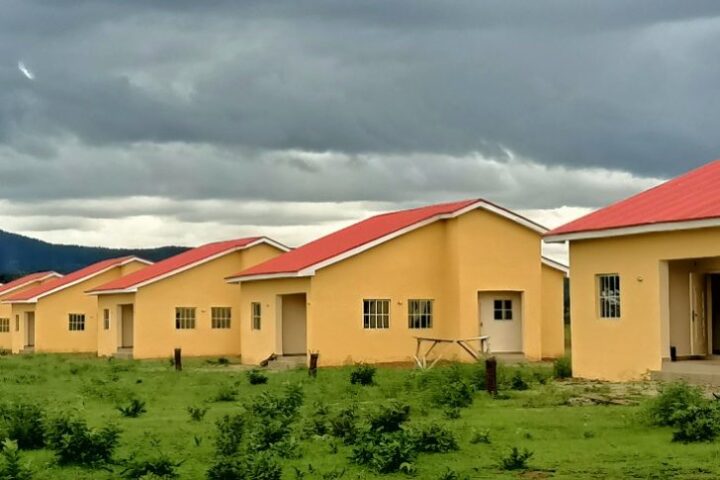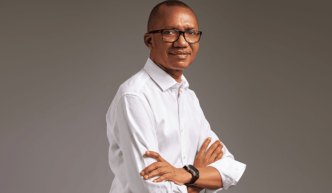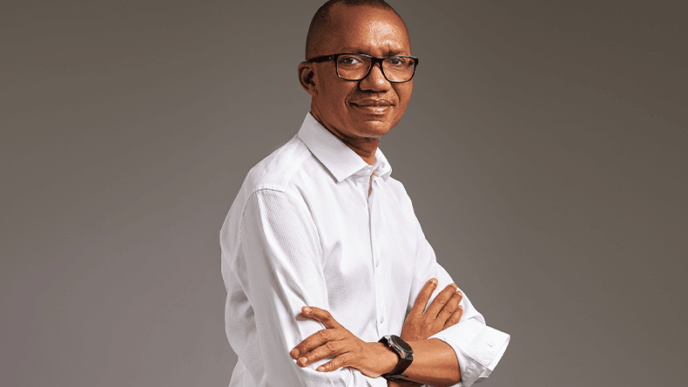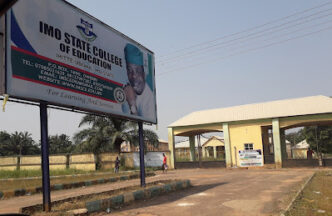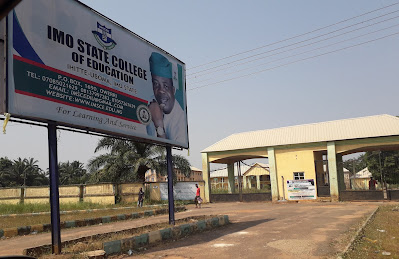Photo: Family Homes Funds Limited (FHFL)
BY MARO AKPOBI
Nigeria’s rental housing market serves as both a reflection and reinforcement of the country’s systemic inequities. Young professionals, particularly those in non-traditional career paths, navigate a labyrinth of biases rooted in age, ethnicity, class, and profession when seeking accommodation. Landlords, gatekeepers of this fraught system, often justify exclusionary practices under the guise of selecting “responsible tenants.” Yet their criteria rarely align with merit or financial reliability. Instead, they perpetuate cycles of discrimination that stifle innovation, deepen social divides, and entrench Nigeria’s culture of impunity.
While the country’s tech and creative industries thrive, generating global recognition and economic opportunities, landlords remain wedded to outdated notions of “respectable” work. Careers in artificial intelligence, content creation, or digital entrepreneurship are frequently dismissed as unstable or illegitimate. A 25-year-old software developer might earn triple the income of a 40-year-old civil servant, yet landlords disproportionately distrust the former.
This bias is exacerbated by Nigeria’s economic volatility. Demands for one to two years’ rent in advance—a practice born of inflation fears and currency instability—disproportionately exclude younger tenants whose income streams, though substantial, may come irregularly. Meanwhile, older tenants in government roles are deemed “stable,” despite systemic issues like salary delays or pension defaults.
Advertisement
Landlords compound this distrust with invasive scrutiny. Young applicants report being interrogated about marital status, and family backgrounds, or pressured to provide guarantors from “recognised” professions. Unmarried women face additional moral policing, with assumptions that solo living invites impropriety. Such practices weaponise tradition against progress, framing youth as a liability rather than an asset.
Housing discrimination in Nigeria is inextricably tied to ethnicity, though rarely acknowledged openly. In cosmopolitan hubs like Lagos or Abuja, landlords often prioritise tenants from their own ethnic group, invoking coded language like “we prefer someone familiar with our culture.” A Hausa landlord in Enugu might reject an Igbo applicant over unspoken stereotypes, while a Yoruba professional in Kano faces similar exclusion.
This prejudice thrives on Nigeria’s unresolved tensions around indigeneity and belonging. Non-indigenes—residents born or raised outside their ethnic homeland—are particularly vulnerable, lacking the communal ties that might ease negotiations. Even financially viable tenants are denied housing based on perceived “otherness,” reinforcing social fragmentation. For a nation grappling with national unity, the rental market becomes a battleground for identity politics.
Advertisement
Nigeria’s rental market reveals a perverse hierarchy of criminality. A landlord might reject a freelance graphic designer over unfounded fraud suspicions while readily renting to a politician under investigation by the Economic and Financial Crimes Commission (EFCC). This double standard underscores society’s normalisation of elite corruption.
Upper-class malfeasance—embezzlement, contract inflation, money laundering—is framed as “smartness” or political strategy. In contrast, middle-class Nigerians face harsh moral judgment for minor infractions. The disparity stems from visibility elites operate in gated estates, private jets, and opaque systems, while the struggles of everyday citizens unfold in public view. A governor’s stolen billions are abstract, but a market trader’s petty fraud is tangible. Landlords, often middle-class themselves, project their anxieties onto tenants they perceive as peers, conflating financial precarity with dishonesty.
Systemic failures: Where survivalism overrides fairness
Nigeria’s housing crisis cannot be divorced from broader institutional failures. The absence of rent-control laws, social housing programs, or credit systems forces landlords to shoulder all financial risks. With no safeguards against defaults, survivalism dictates their actions—hence demands for exorbitant advance payments and restrictive tenant criteria.
Advertisement
Youth unemployment, officially over 40%, exacerbates the problem. Young Nigerians cobble together income through side hustles, gig work, or tech startups, but landlords often dismiss these efforts as unserious. A Gen Z entrepreneur running a profitable TikTok affiliate marketing business, for instance, may struggle to prove credibility compared to a mid-level bank employee with a fixed but lower salary.
Ethnic and class biases thrive in this vacuum. Without standardised screening frameworks, landlords default to stereotypes, conflating ethnicity with reliability or equating age with responsibility. The state’s failure to provide affordable housing or regulate the rental market entrenches these inequities.
Accommodation is more than shelter—it is dignity, security, and a foundation for growth. By transforming the rental market from a gatekeeper of exclusion to an engine of equity, Nigeria can unlock the potential of its younger generations. Until then, the promise of innovation will remain stifled at the doorstep.
This crisis stems from political decisions, not market forces. Public housing initiatives languish as speculators hoard properties, awaiting price increases. We’ve built a system rewarding empty homes over housed families.
Advertisement
Other nations demonstrate alternative possibilities. Germany’s 2015 rental reforms limited price increases and eliminated most tenant-paid agent fees, reducing Berlin’s tenant turnover by 26%. Singapore houses 80% of its population in high-quality public housing, linking prices to income rather than speculation. China has dramatically reduced housing agent fees through public digital platforms connecting tenants directly with landlords.
Nigeria needs similar bold action. Rents must align with local incomes. In Abuja, where average formal sector pay reaches ₦350,000 monthly, maximum rents of ₦1M would ensure both fair returns for landlords and dignity for tenants.
Advertisement
A free, government-run digital platform listing available homes would bypass predatory agents. Combined with empowered state rent boards staffed by economists and tenant advocates, this system would bring transparency to an opaque market.
Critics might argue such reforms would discourage development. Evidence proves otherwise. Singapore’s public housing system coexists with a thriving luxury market serving expatriates and investors
Advertisement
The challenge isn’t economic but political. Powerful interests profiting from the current system will resist change. Yet the cost of maintaining the status quo—measured in emigrating professionals, families crowded into slums, and cities fractured by inequality—far outweighs the discomfort of reform.
Singapore’s founding father Lee Kuan Yew understood that nations prove their greatness through their treatment of their most vulnerable citizens. By this measure, Nigeria’s housing system represents a national failure. We can and must do better. Houses exist for living, not speculation. Our policies must reflect this fundamental truth.
Advertisement
The path forward requires neither market chaos nor absolute state control, but rather a housing system serving human needs instead of pure profit. Other nations have achieved this balance. Nigeria’s future depends on our ability to do the same.
Maro Akpobi can be contacted via [email protected]
Views expressed by contributors are strictly personal and not of TheCable.
Add a comment
